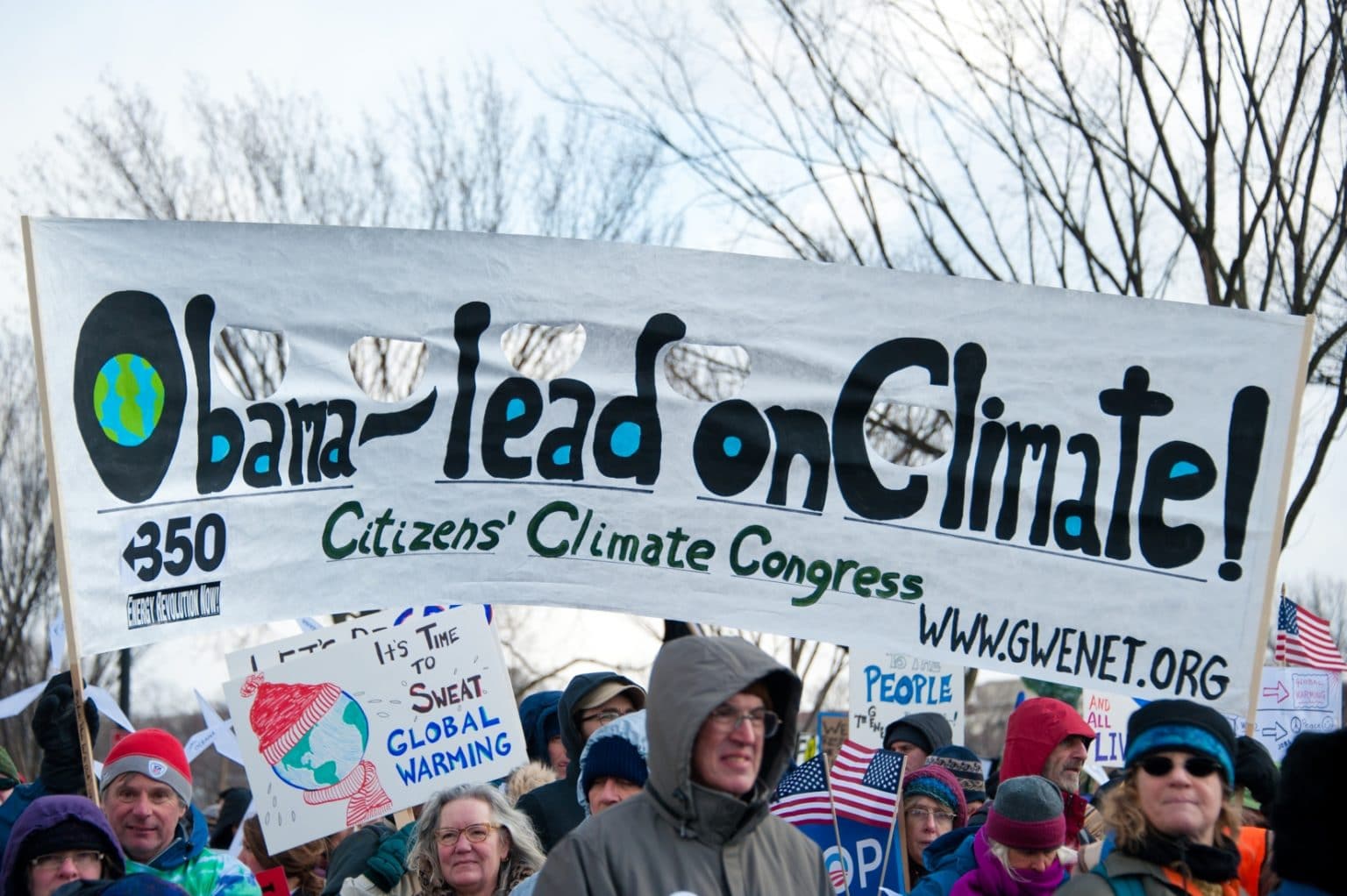Jason Bordoff wants to lift the oil export ban and has been actively working on this for the past two years. Which is odd if you believe that President Obama is against lifting the ban as the White House claims. Prior to Bordoff’s work to lift the oil export ban at Columbia University’s Center on Global Energy Policy (CGEP), he was special assistant to President Obama and senior director for energy and climate change.
So why is Obama’s former senior director on climate change pushing a policy that will greatly increase fracking in America as well as global oil consumption for decades? The carbon and methane pollution consequences of this for climate change are plainly obvious.
Perhaps Bordoff had a change of heart since leaving the administration? If so he has plenty of company. For the past two years, many former Obama administration officials have joined Republicans in calling for a lifting of the export ban.
Lawrence Summers, former Obama treasury secretary gave a talk at the oil industry-funded Brookings Institute in September 2014 arguing for lifting the ban, and he didn’t leave much room for debating the merits on the issue saying, “The merits are as clear as the merits with respect to any significant public policy issue that I have ever encountered.”
As for the environment, Summers dismissed any concerns with the absurd statement that “whether we move beyond fossil fuels will not be affected one way or the other by our export policy, or our natural gas export policy.”
Michele Flournoy was the under secretary of defense for policy from February 2009 to February 2012. Like Bordoff at Columbia, Flournoy set up a new advocacy group once leaving the Obama administration. She currently heads the Center for New American Security. In this role she has appeared before Congress to testify in support of lifting of the crude oil export ban.
In July 2015 testimony, Flournoy strongly supported lifting the ban but also acknowledged that she believed in climate change and that lifting the ban would have an impact. However, her proposed solutions weren’t very encouraging.
“If we do lift the ban on oil, that needs to be accompanied by a very serious set of policies that would more directly affect climate change such as promoting natural gas usage and exports,” she testified.
As noted on DeSmog, natural gas is popular with politicians as a climate solution but the science does not back up this position. Serious policies to address climate change don’t include increasing natural gas usage and exports.
One of the leading champions for lifting the export ban is Daniel Yergin. Yergin works for energy consulting firm IHS that has produced industry funded “studies” supporting lifting the ban. He also is part of CGEP at Columbia.
Yergin was on the Obama administration advisory committee that supported the fracking of natural gas. So with Yergin clearly pushing an oil export policy that the Obama administration claims to oppose, how did the administration react?
They gave him a medal. In October 2014, Secretary of Energy Ernest Moniz presented Yergin with the first James R. Schlesinger Medal for Energy Security.
In January of this year, the Center for Global Energy Policy at Columbia held an event where they released a report supporting lifting the oil export ban. It also was a reunion of sorts for former Obama administration officials. Bordoff was there, along with Carlos Pascual, former ambassador to Mexico. Pascual currently works with Daniel Yergin at IHS and previously worked at the Brookings Institute.
The keynote speaker at Columbia’s CGEP that day was Thomas Donilon, former national security advisor for President Obama. Like the others, Donilon is strongly in favor of lifting the ban.
This was Donilon’s second speaking appearance at CGEP. He also spoke at the center’s launch where he was quick to thank Daniel Yergin for his “unparalleled contribution to how we understand and talk about energy.”
It is a tight knit group.
At a panel discussion after Donilon’s remarks, Trevor House of the Rhodium Group, co-author of the report released that day, summed up his thoughts on lifting the ban and the impact on the environment.
“I’m of the view that we can have our cake and eat it too. It is possible to support domestic oil and gas production and meet our long-term climate objectives at the same time.”
With Senate Democrats poised to cave to the oil industry and approve the lifting of the oil export ban — the same week as the COP21 UN climate talks in Paris — it is clear that they all want to believe in the “have our cake and eat it too” strategy.
And with the long line of former Obama officials and advisors pushing to lift the ban, it seems unlikely that Obama’s veto threat is anything more than political theater.
The reality is that lifting the ban would have devastating consequences for the climate.
When it comes to fossil fuel consumption and climate change, there is no such thing as having your cake and eating it too.
At this point, even Exxon Mobil knows that. So why don’t the Obama team or the Democrats who are willing to horse-trade on the export ban in the midst of a global climate summit?
Image credit: Rena Schild / Shutterstock.com
Subscribe to our newsletter
Stay up to date with DeSmog news and alerts






